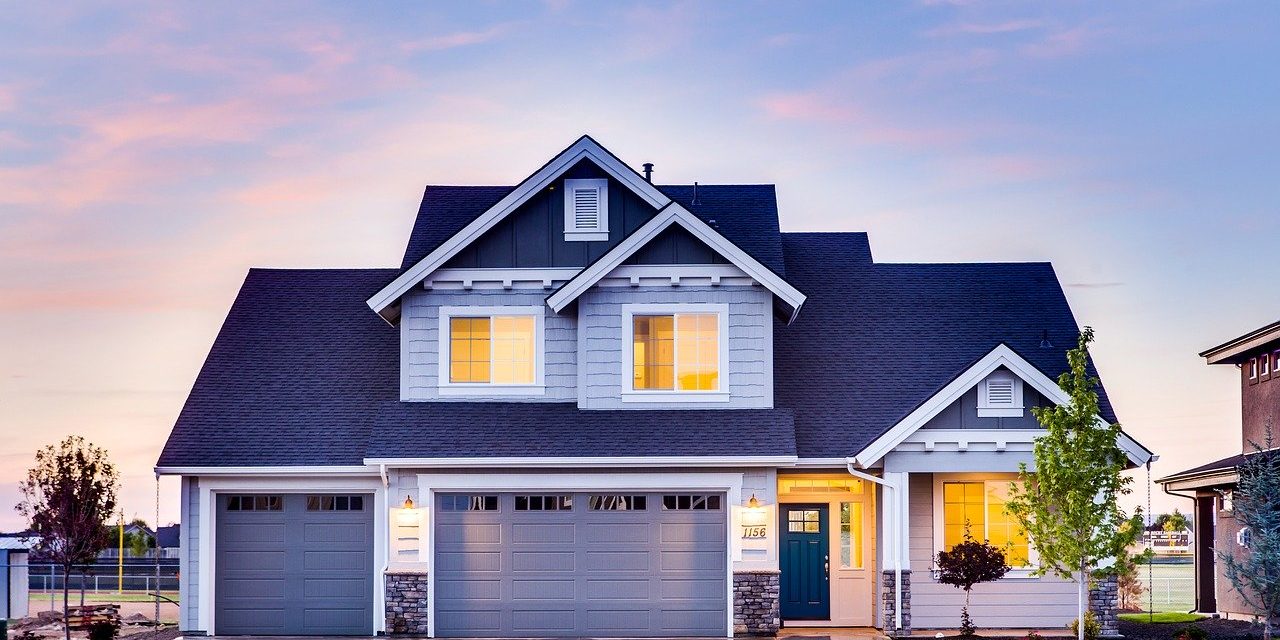A new report by Construction Coverage, a construction industry research and analytics firm, details the 10-year change in median home prices by cities across the United States.
It found that the median price of a Greensboro home increased by 21 percent over the last decade.
That’s better than nothing but it’s not close to the average increase for other parts of the country.
The study, which used information from Zillow and other sources, found that the price change in the median Greensboro home rose $28,578 from the corresponding 2010 price. The 2020 price for a median home in Greensboro is now $163,923, which compares with a median home price of $135,345 in 2010 in Greensboro.
Across the country, home price increases were double what Greensboro experienced. For the nation as a whole, the median prices of homes increased 42 percent from 2010 to 2020.
In 2020, the median home price nationally was $250,736, compared with a 2010 price of $176,543 – a difference of $74,193, much more than the increase homeowners here saw during that decade.
According to the Construction Coverage study, median household income in Greensboro now stands at $45,787 while median household income across the country is $61,937.
The report found that, while the country’s housing market as a whole recovered significantly from the lows after the financial collapse, that recovery wasn’t evenly distributed across major US cities.
The study also notes that, “Even though housing prices have continued to rise during the COVID-19 pandemic, many are beginning to question whether the strong rise in home values will continue in densely populated cities.”
According to the report, home prices in the US tend “to rise sharply in the years following recessions.” It adds that, in the five-year periods following the last four recessions, median home prices in the US grew an average of 33 percent.
The report also notes that, ”The largest increases have been concentrated in Western states. Median home prices in Nevada, Idaho, Arizona, Colorado, and California all grew by more than 70 percent, which were the largest price increases in the country. On the other hand, home prices barely rose in some states, including in Delaware and New Jersey, where home prices increased at annualized growth rates below 1 percent. Only one state, Connecticut, actually experienced a decline in the median home price over the last 10 years.”
The entire report, which includes a table with data on 300 cities and all 50 states, can be found at home prices.


Good article, with some surprising info.
And how is this bad news? One of the few good reasons to live in the socialist city.
Unless you are lucky, a home is not an investment, it is your own place to live. What with taxes, insurance, sweat equity, upkeep, and maintanance costs the nationally average around %5 annually of your home’s value; how do you really expect to make a gain? If you show a paper profit, there is the Tax Man to collect his cut.
Oh, don’t forget the loss of your purchasing power of the cash you are left with. A $100,000 mortgage loan taken 30 years ago, say, at 6% then would cost you $115,838 in interest. You cap gains is based on the $100,000 price. The TAXES on the interest are deductible, not the interest. What with the $25,000+ standard deduction now, you would get no deduction for your interest. In 30 years, according to the US Dept of Labor, it will cost you over $202,000 to buy what $100,000 purchased in 1990. If you buy your own stuff, you know the Dept of Labor inflation calculator is perhaps———B.S.
Finally, do you think it is called Real Estate because it is REALLY yours? Nuh-uh. REAL is Spanish for Royal, REAL is the derivative word. Real estate is public property, not ours. What if you don’t pay your rent (taxes)? The King takes your property and rents it elsewhere to someone who is willing to pay the back rent.
Say it ain’t so.
Miller…what is your alternative?
Rent. Anything goes wrong. Owner fixes it. No maintenance. Don’t like your place, or rent goes up, just move. Taxes and insurance. Owner pays. No place for all your stuff? Stuff is one thing you never needed anyway.
You lose privacy. Privacy is one thing you get when you have your own home. There is a big price to pay for that; or perhaps showing off your new $35,000 kitchen renovation, complete with a $3,000 stainless fridge, etc.
My conclusion is based on my home ownership since 1969. A total of four homes. I’ve been in my current home since 2000. What with $80,000+ in repairs & upkeep so far, and needing more, I am way upside down in it. The resale value is less than what I paid for it 20 years ago. Blah-blah.
Could mean our local home prices didnt fall as far as some other places during the recession.
It means you don’t get no beans.